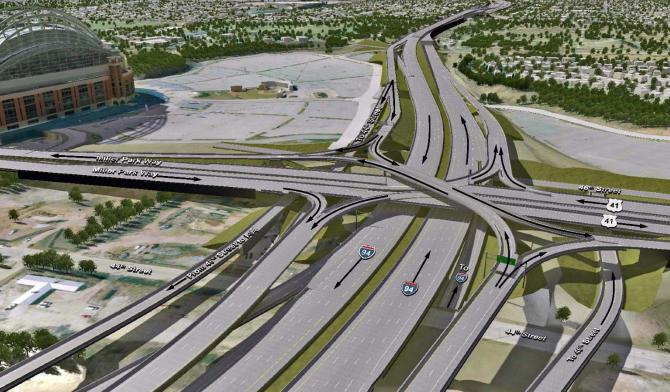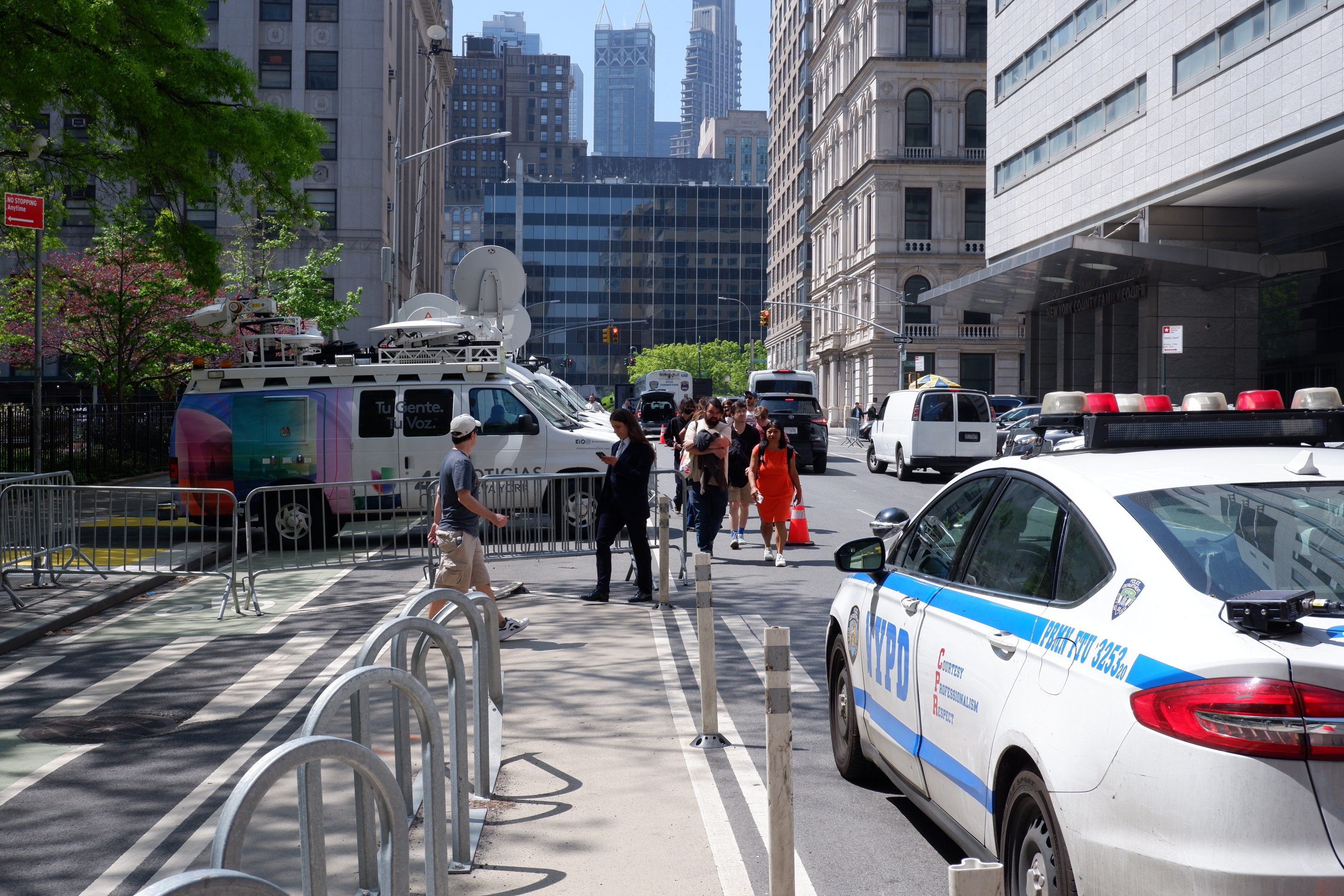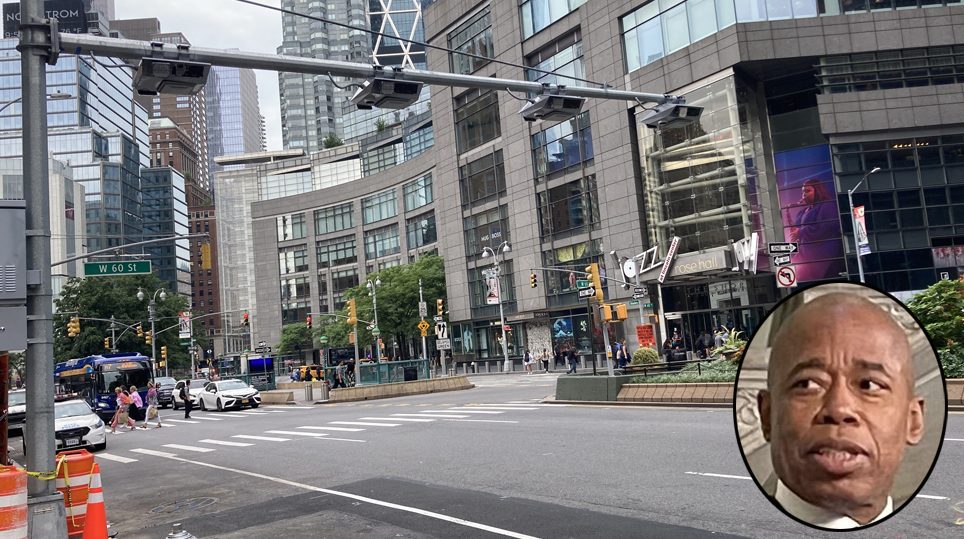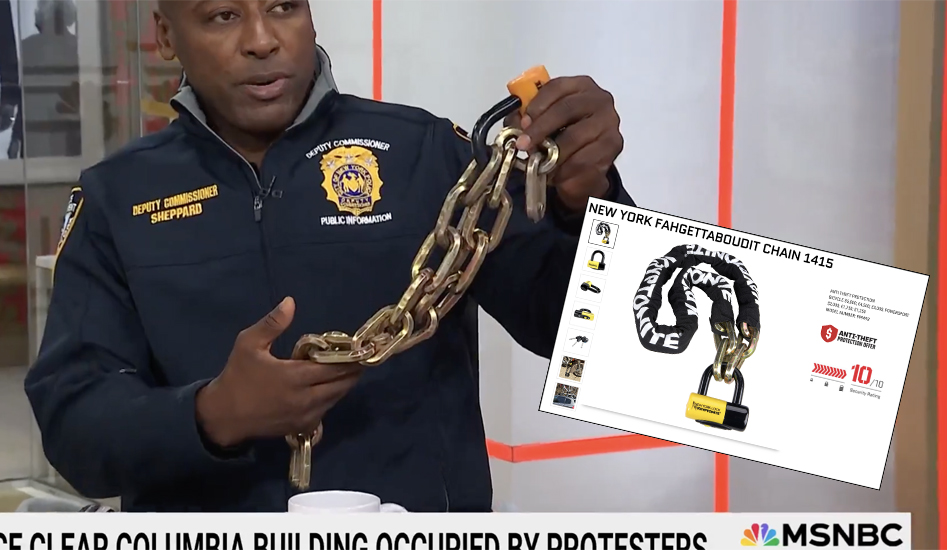Under Governor Scott Walker, Wisconsin has become a poster child for highway waste.
Walker's DOT has slated an astronomical $6.4 billion in road expansions for the slow-growing Milwaukee region. The spending bonanza includes two interchanges that will cost nearly a billion dollars apiece. A state employee called one of them big enough to "create its own weather," according to Politico.
But in an encouraging turn of events, policy makers are losing their appetite to follow through on these highway ambitions. Prodded by civil rights and environmental activists who took the state to court, Wisconsin is no longer pursuing one of the more wasteful and destructive projects on its road expansion agenda: the $1.1 billion widening of I-94 through Milwaukee.
The Wisconsin Gazette reports that Wisconsin DOT has asked federal officials to withdraw support for the project. In its letter to the Federal Highway Administration, WisDOT notes that the state cannot begin construction because of a pending lawsuit in federal court brought by the Milwaukee NAACP.
The suit against WisDOT contends that the highway would exacerbate the region's "hyper-segregation" by prioritizing the travel of wealthier suburban car commuters over quality of life in the majority black and Latino neighborhoods the highway bisects. The advocates also point out that WisDOT failed to consider the potential for transit to absorb trips, and that the agency relied on outdated and inflated traffic data to make the case for road widening.
Hastening WisDOT's decision is the state's current fiscal landscape. Wisconsin does not, in fact, possess infinite resources to spend on highways, and money for the I-94 project was not included in the most recent state budget.
Advocates have now won three notable victories against Walker's road-building binge in recent years. Wisconsin DOT dropped the widening of Highway 38 following criticism from the Wisconsin Public Interest Research Group in 2014. And civil rights groups won $13 million for transit following a suit over the $1.7 billion Zoo Interchange the same year.
More recommended reading today: Pricetags reports that a California school district has decided a local road is too dangerous for a crossing guard -- so all students are supposed to get driven to school. And the Natural Resources Defense Council looks at what we would lose if the Trump administration rolls back federal fuel efficiency standards.





